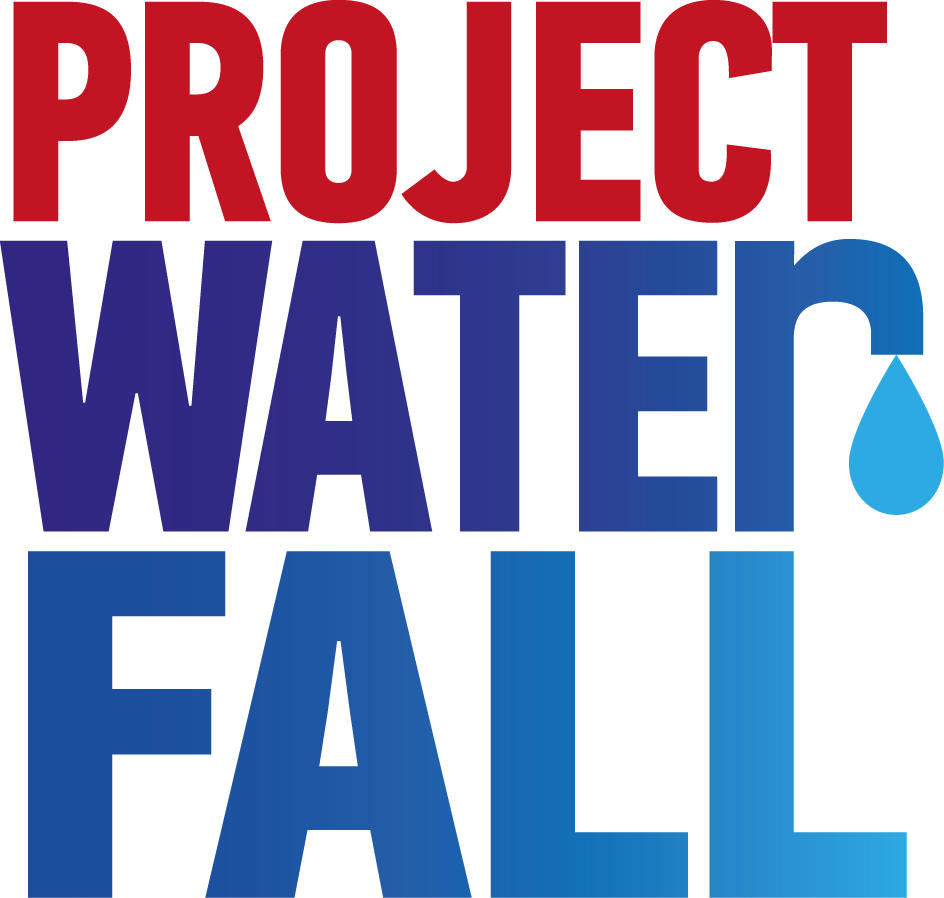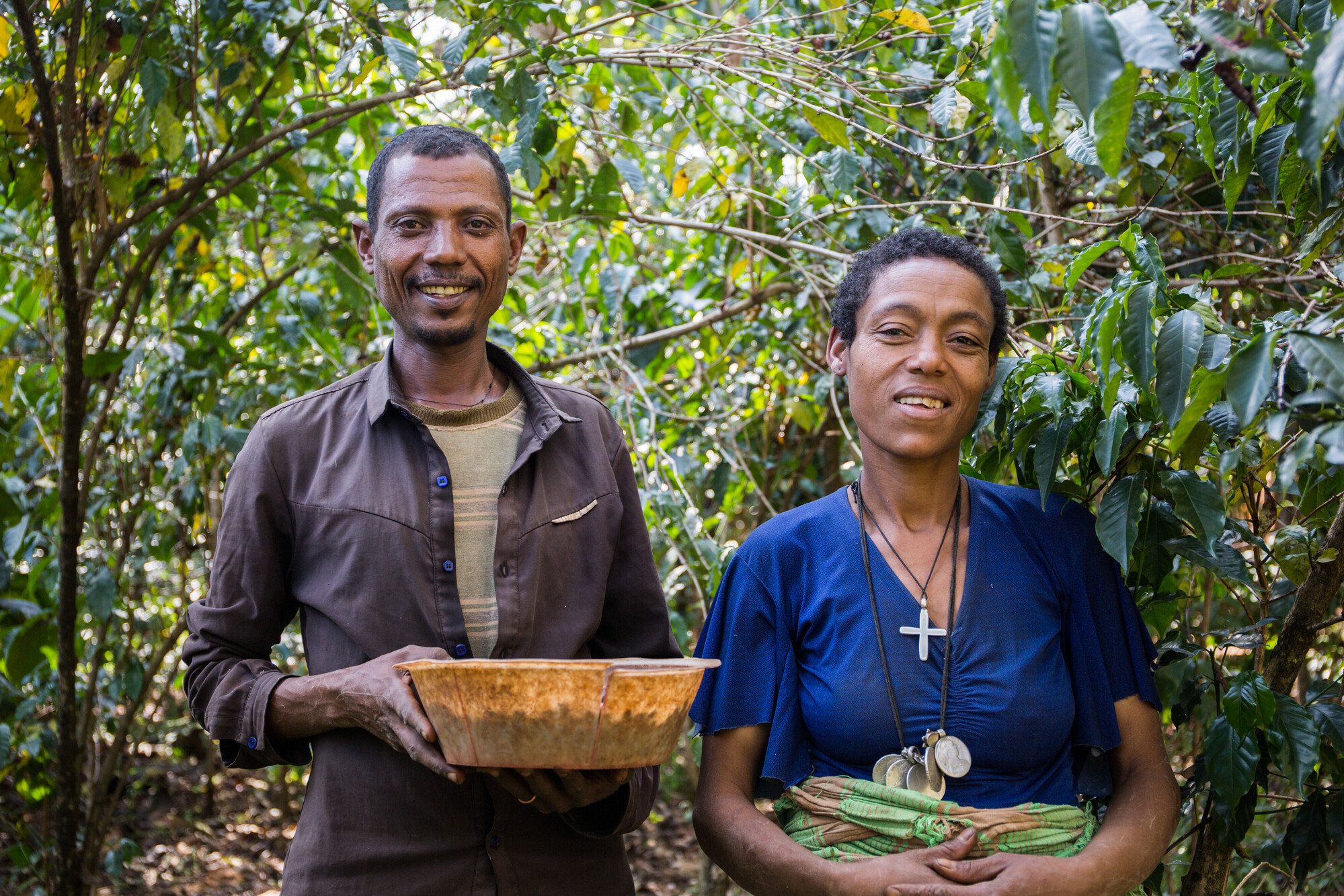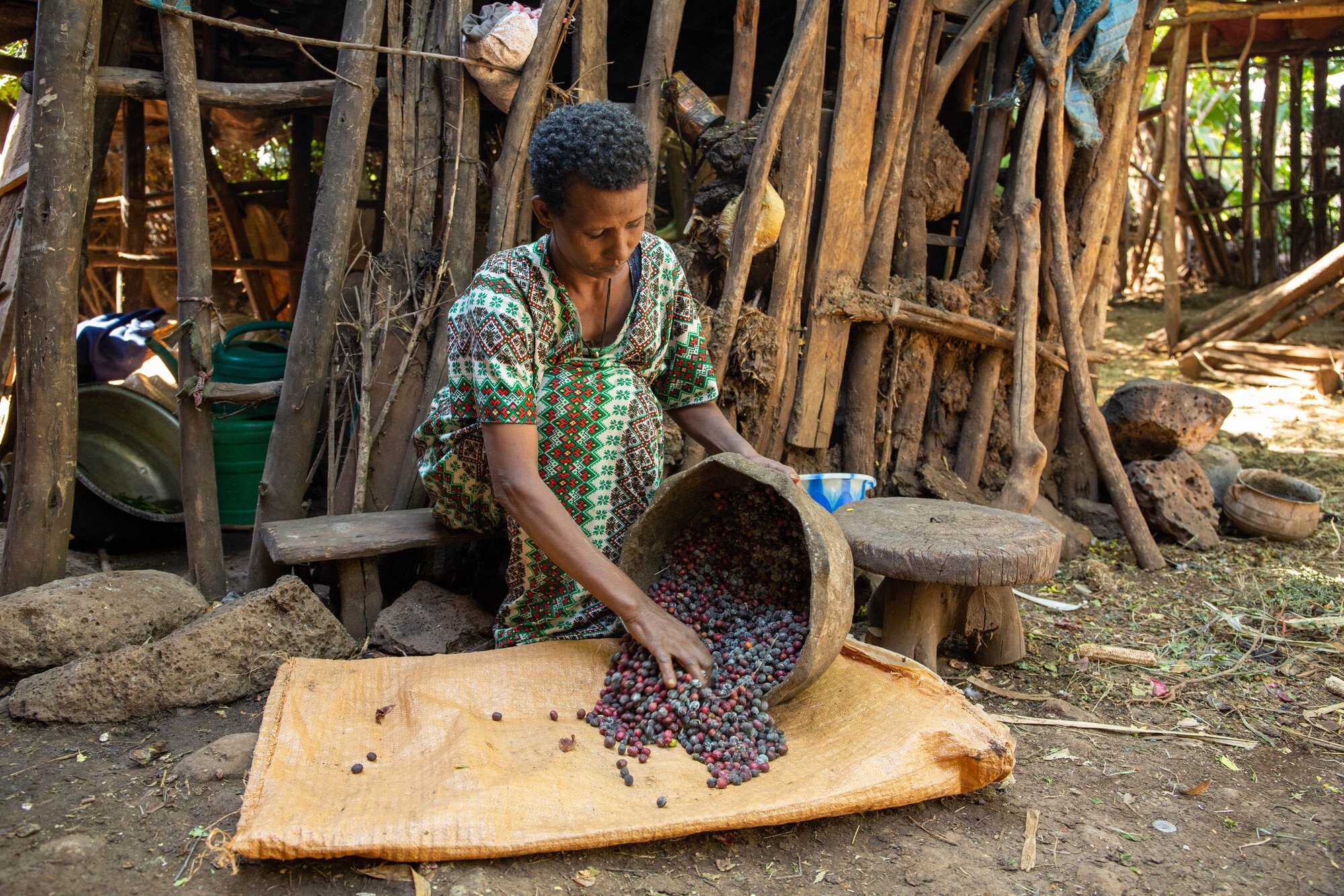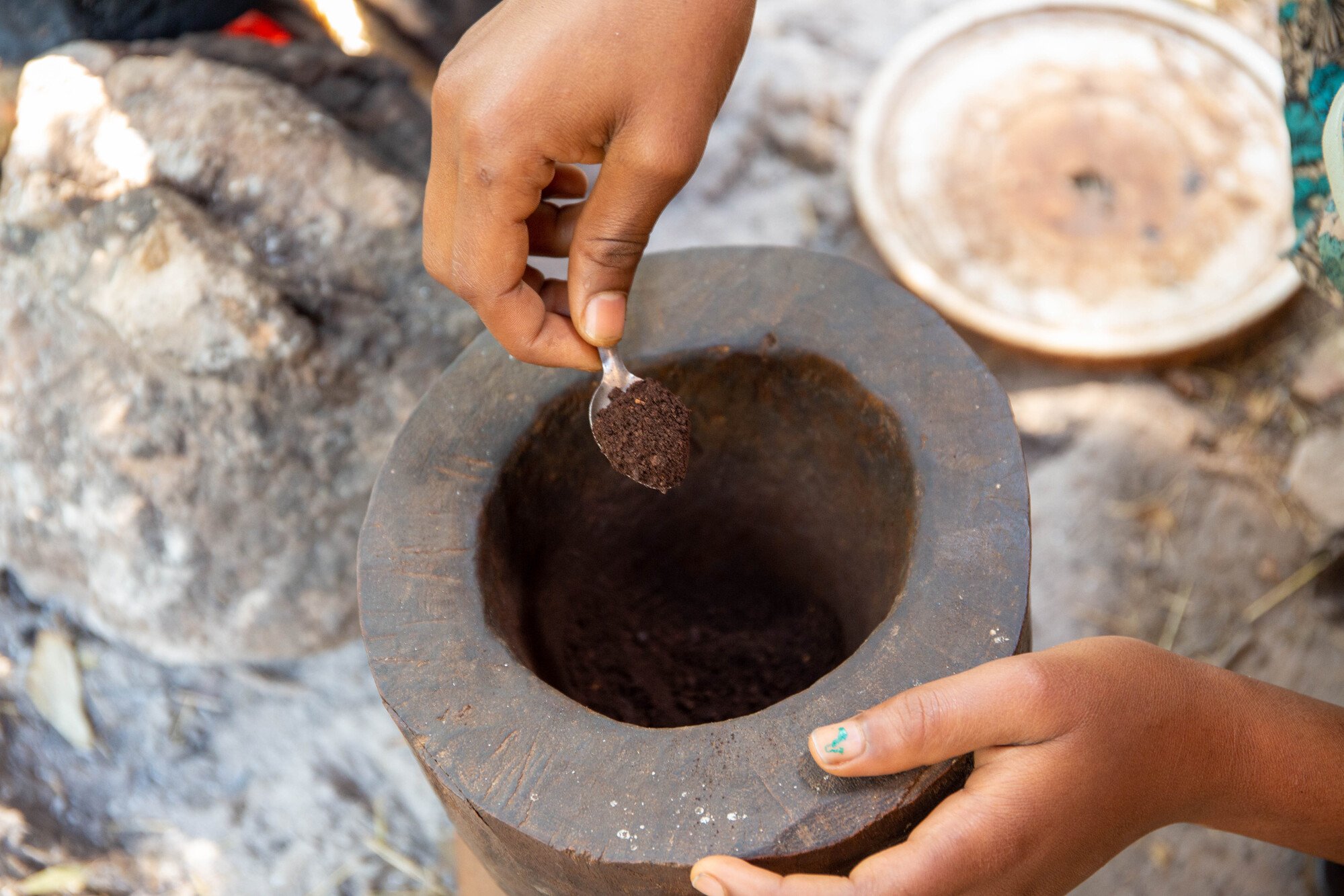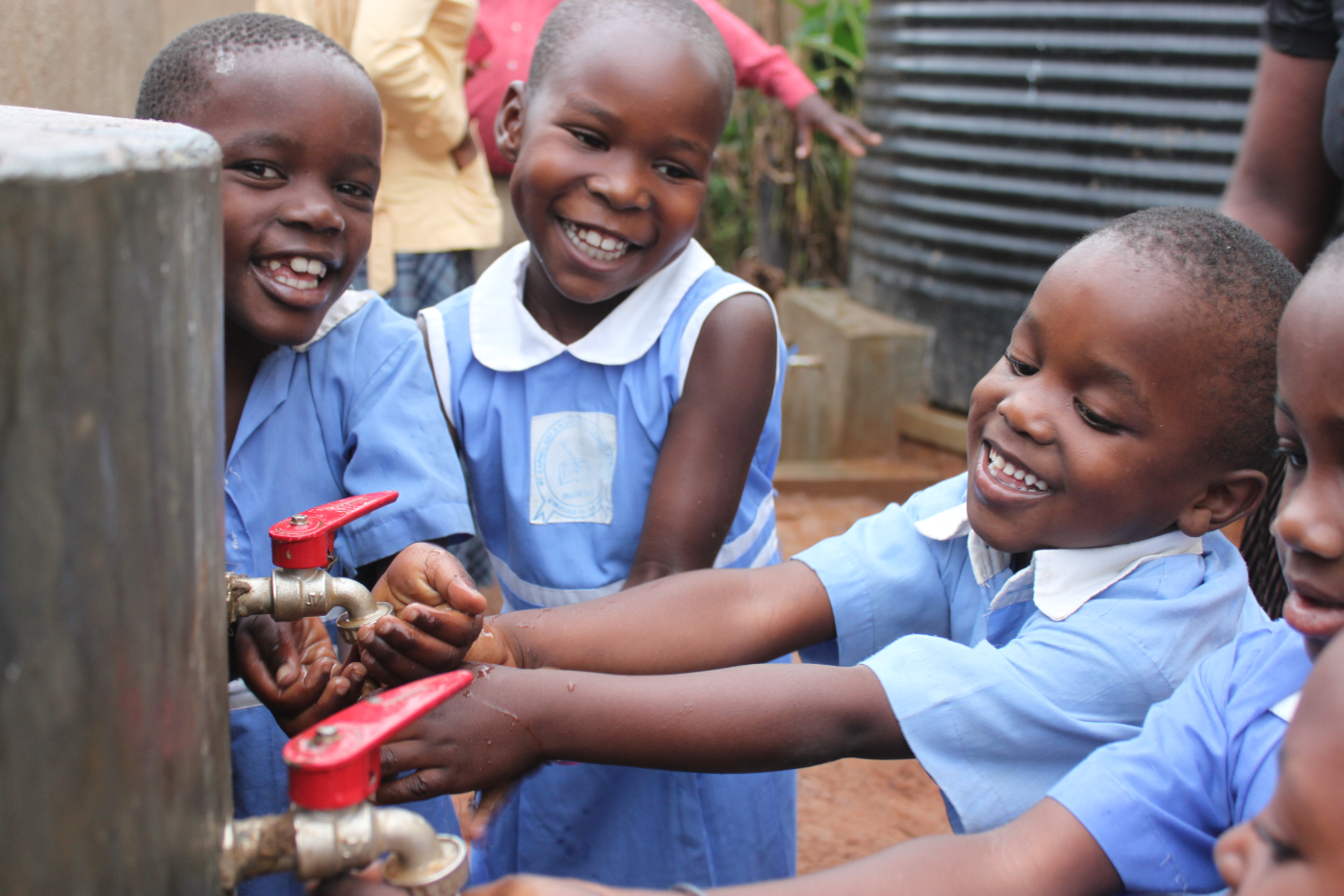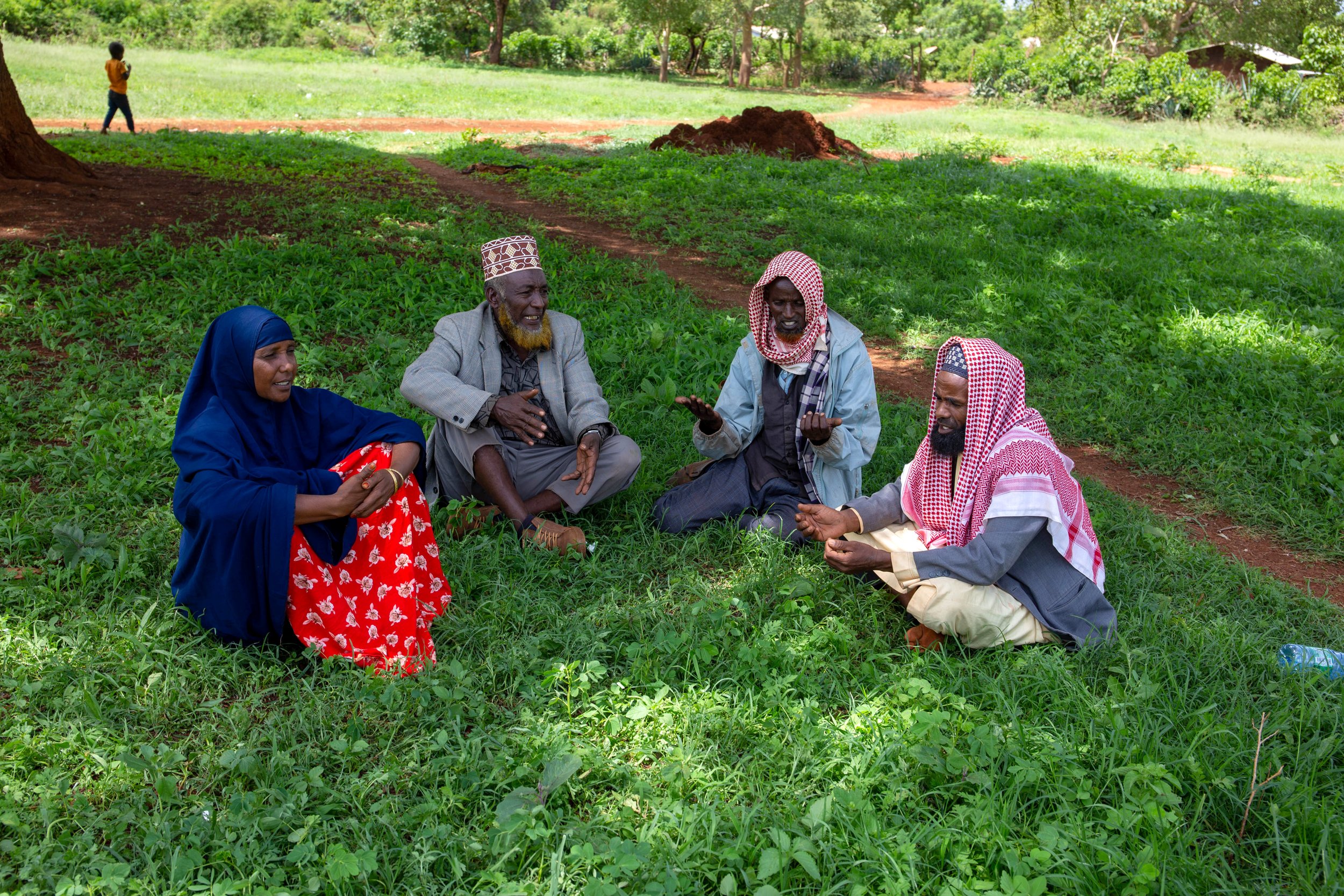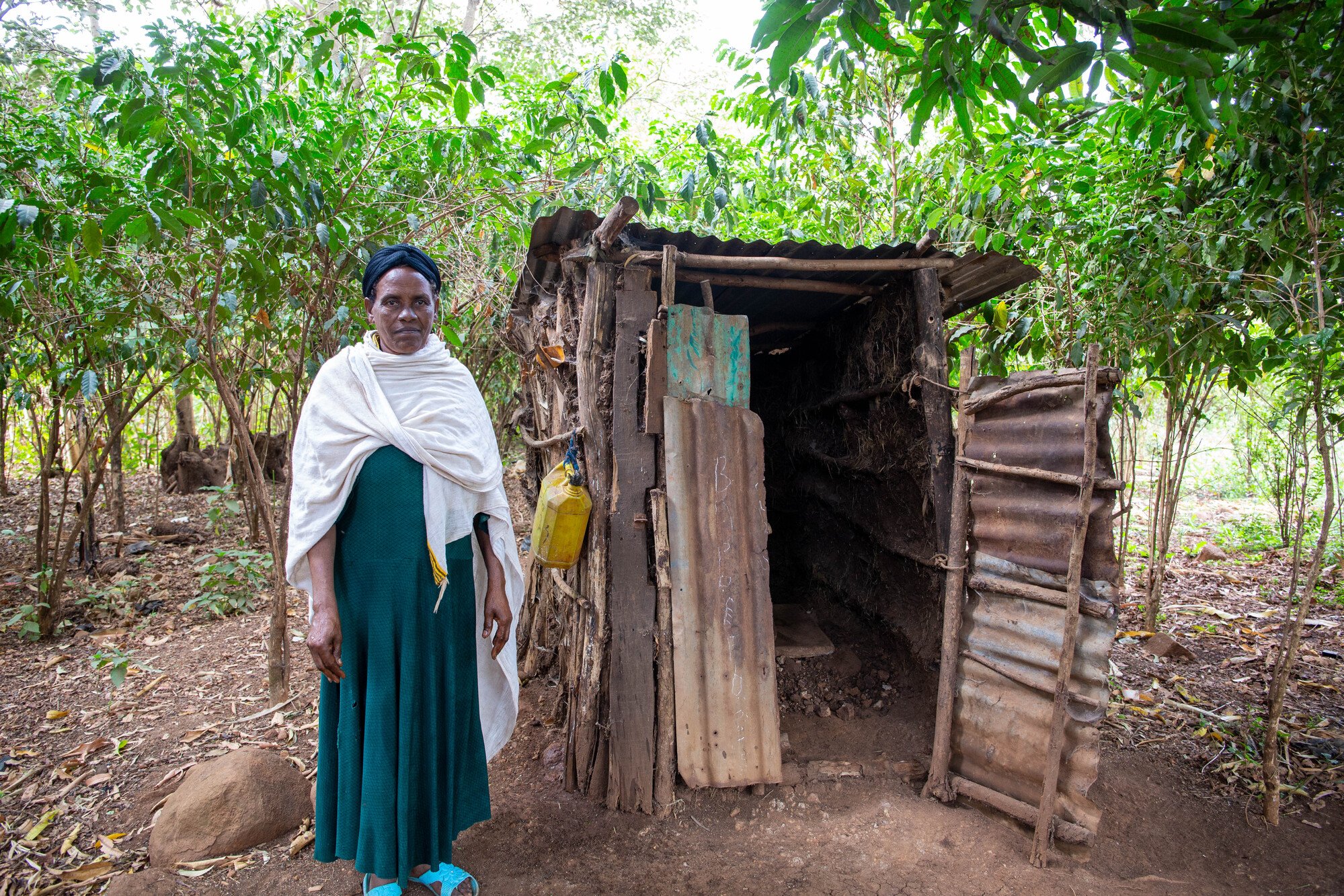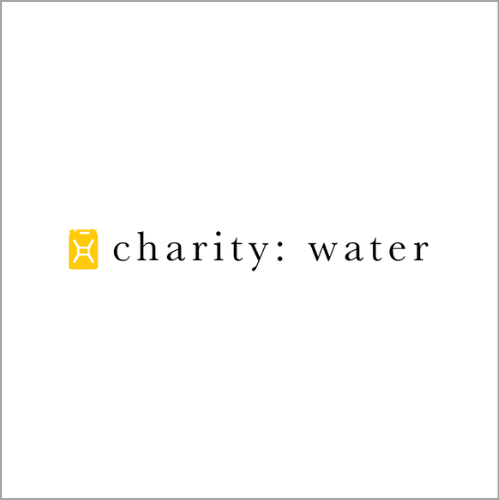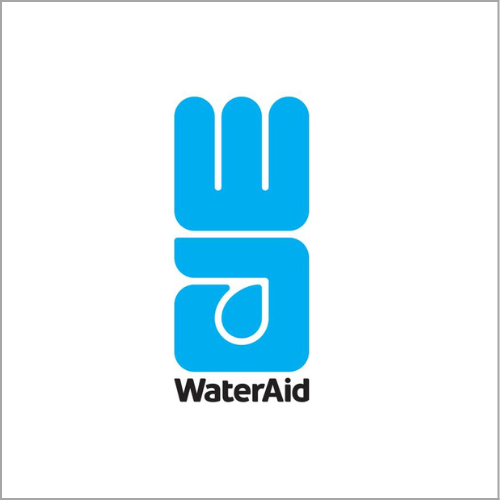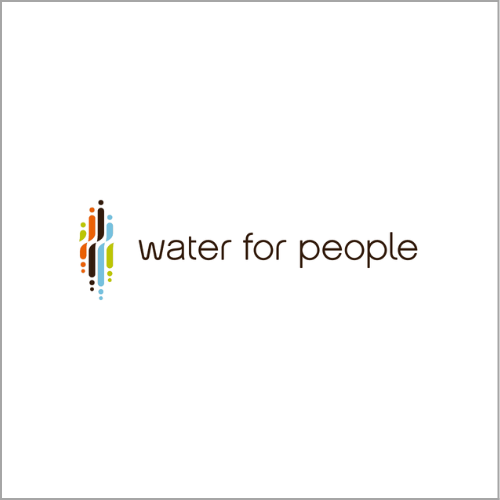Why water? Why coffee?
Today, 703 million people around the world don’t have access to clean water. The majority live in isolated, rural areas – the same areas growing our coffee.
Coffee is a water-intensive crop with a large water footprint. Up to 840L of water is needed to make one 750ml pot of coffee. That’s more than tea, sugar, wheat, and barley.
While we enjoy the purest filtered water in our coffee, the communities at the end of its supply chain face a water crisis.
This is why it’s our mission to unite the coffee industry and coffee consumers to give back to the communities growing our coffee by investing in sustainable clean water, sanitation and hygiene projects.
The benefits of clean water
IMPROVES HEALTH AND SANITATION
1.6 million people die every year from water-related diseases, with children affected the most.
Clean water changes this, as does education around good hygiene.
EMPOWERS WOMEN AND CHILDREN
Every day, women and young girls spend up to 8 hours collecting water that weighs, on average, 20 kilos. This can lead to spinal and pelvic deformities, miscarriages and chronic fatigue, and prevents girls from attending school
BUILDS STRONG COMMUNITIES
Safe, clean water and sanitation brings greater access to education, income and ultimately a better life. Communities can grow healthy food and start small businesses, while better toilet facilities increase school attendance.
Our approach
Regardless of where a community is, or how big it is, there are tangible and sustainable solutions to the water crisis.
We work with local delivery partners who have the knowledge and expertise to deliver the best possible solution for each community. These can range from solutions creating access to water, such as hand digging wells or using a drilling team, to solutions that improve the quality of it, such as bio sand filters or water purification systems. Our partners include:
All the projects we fund train local people who can continue to maintain the water source long after we have left, ensuring a permanent supply of clean water.
